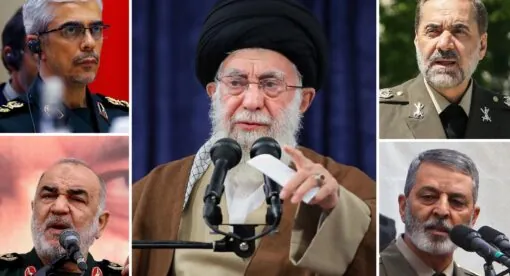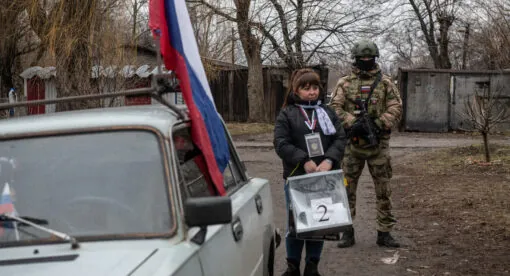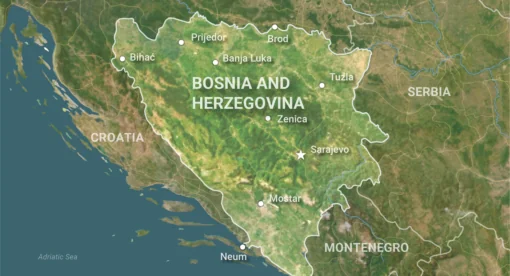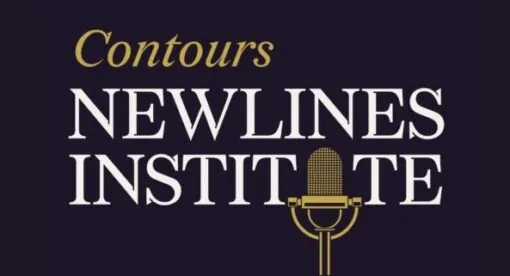The Weekly Forecast Monitor is a forward-looking assessment of geopolitical dynamics that are shaping the
international system. To get more in-depth analysis of these issues and learn more about analytical products from New Lines Institute — including simulations, training sessions, and forecast reports — contact us at [email protected] and visit https://newlinesinstitute.org/analytical-products/. Download PDF version.
Global Hotspot Tracker
The Global Hotspot Tracker examines the outlook for key geopolitical hotspots around the world. (Go to the Global Connectivity Tracker)
Middle East/North Africa Regional Tensions
Summary – Tensions in the Middle East continued to trend toward a military escalation scenario, as Prime Minister Benjamin Netanyahu said Israel still planned its Rafah offensive but would enable civilians to evacuate. Israel and Hezbollah continued exchanging fire, as the Lebanese Parliament’s speaker said Hezbollah would stop its current activities if there were a cease-fire in Gaza. Tensions in the Red Sea remained high as al-Houthi rebels ramp up attacks and U.S.-U.K. coalition strikes hit multiple Yemeni port towns, resulting in 11 deaths.
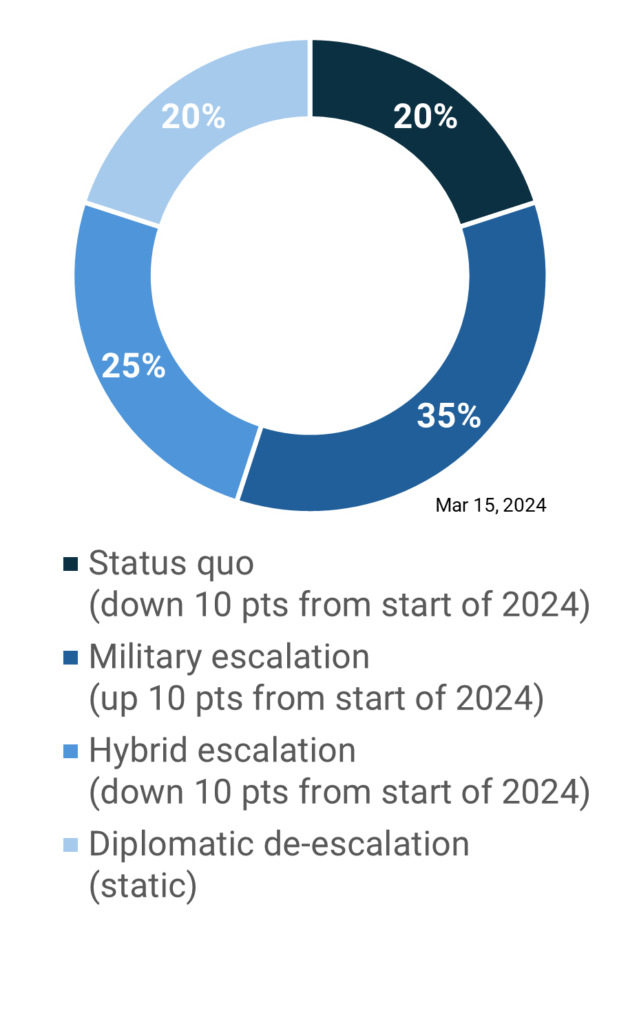
Military escalation scenarios
- Prime Minister Benjamin Netanyahu, speaking with AIPAC, said Israel was going to continue with its plans of a Rafah offensive “to finish the job… while enabling the civilian population to get out of harm’s way.”
Risk level – medium/high - Israel launched a strike about 50 miles into Lebanese territory. Most Israeli strikes against Hezbollah have been limited to southern Lebanon. Israel said it had killed Hadi Ali Mustafa, a “significant” member of the group’s international operations.
Risk level – low/medium
Hybrid escalation scenario
- Iran-backed al-Houthi fighters have vowed to ramp up their attacks on commercial shipping off the coast of Yemen during Ramadan and start targeting ships traveling in the Indian Ocean as they headed toward the Cape of Good Hope. The group also claimed to have a hypersonic missile.
Risk level – medium - The U.S. imposed sanctions on three Israeli settlers and two illegal outposts in the West Bank that provide support to extremist Israeli settlers.
Risk level – low
Diplomatic de-escalation
- Netanyahu categorized a Hamas cease-fire counterproposal as “unrealistic,” indicating a deal might still be far out of reach. Hamas wants the second stage of the cease-fire to include end of war negotiations. Israel has said it will negotiate only temporary pauses.
Opportunity level – low/medium (item to watch) - A Qatari Foreign Ministry representative said cease-fire talks were ongoing, but a deal was not close. However, after reports that Qatari negotiators threatened to kick Hamas officials out of Doha, officials close to the negotiations reported Hamas had agreed to a modified version of a U.S. proposal Israel had agreed to last week.
Opportunity level – low
Russia/Ukraine Conflict
Summary – The Russia-Ukraine conflict is trending toward military and hybrid escalation scenarios as anti-Kremlin militia groups launched raids from Ukraine into Russia and Ukrainian drone attacks increased against both military and energy sites in Russia. This comes ahead of Russian presidential elections on March 15-17. Preceding the election, domestic crackdowns targeted potential protests by supporters of late opposition leader Alexei Navalny.
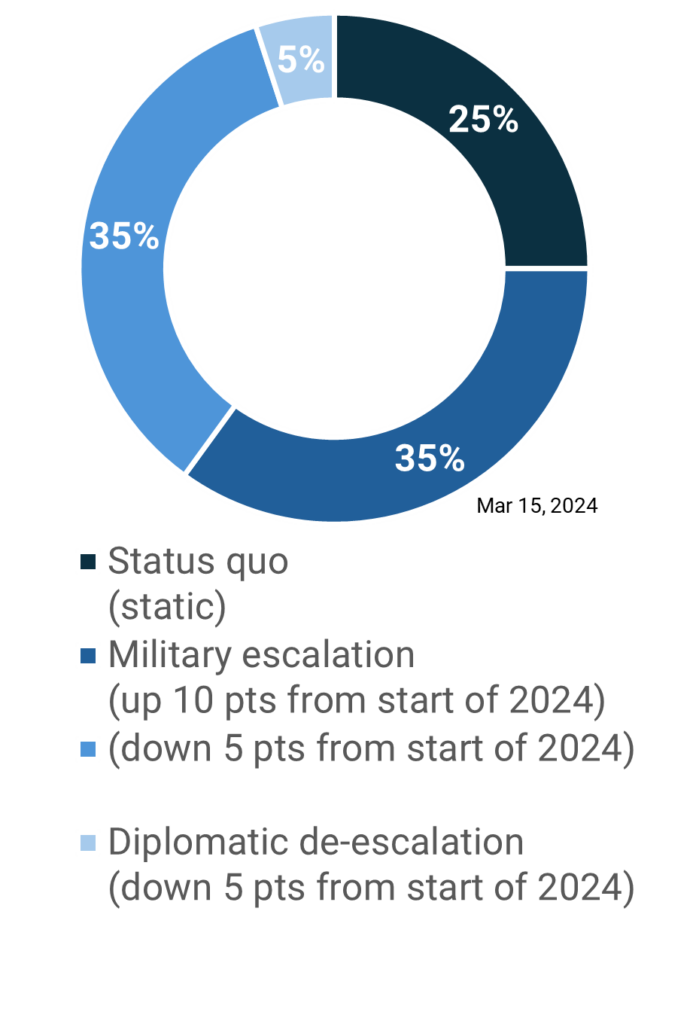
Military escalation scenarios
- Anti-Kremlin paramilitary groups based in Ukraine launched cross-border raids into Russia in the regions of Belgorod and Kursk to attack Russian military positions. Ongoing NATO exercises across Europe add heightened risk to such raids.
Risk level – medium - Ukrainian drone attacks targeted a plant in southern Russia that repairs A-50 spy planes. Ukrainian drones also hit Russia’s Belgorod region, killing two and wounding more than a dozen.
Risk level – low - Russian forces captured the village of Nevelske in the Donestk region of eastern Ukraine.
Risk level – low - Russia is on track to produce almost three times more artillery munitions than the U.S. and Europe this year, according to NATO intelligence estimates.
Risk level – low
Hybrid escalation scenario
- Ukrainian drones hit Russian oil refineries in several regions, including Ryazan and Rostov.
Risk level – medium - Russia was accused of conducting cyberattacks against the Latvia-based Meduza media outlet.
Risk level – low - Russia’s Foreign Ministry summoned Switzerland’s ambassador as the Swiss parliament began work on plans to use frozen Russian assets to fund reparations for Ukraine.
Risk level – low
Diplomatic de-escalation
- No major indicators.
China/Taiwan/U.S. Tensions
Summary – Tensions between the U.S. and Taiwan and China continued to trend toward both military and hybrid escalation scenarios. Experts warned the U.S. Congress of China’s military buildup and its integration of high-tech into its armed forces and advised the U.S. to better coordinate its restrictions on semiconductor and high-tech exports. Tensions remained high between the Philippines and China, as the Philippines plans to involve the U.S. and other allies in its energy exploration efforts in the South China Sea. Additionally, the U.S. House passed a bill that, if made law, would require Chinese company ByteDance to divest from TikTok or face a ban in U.S. app stores.
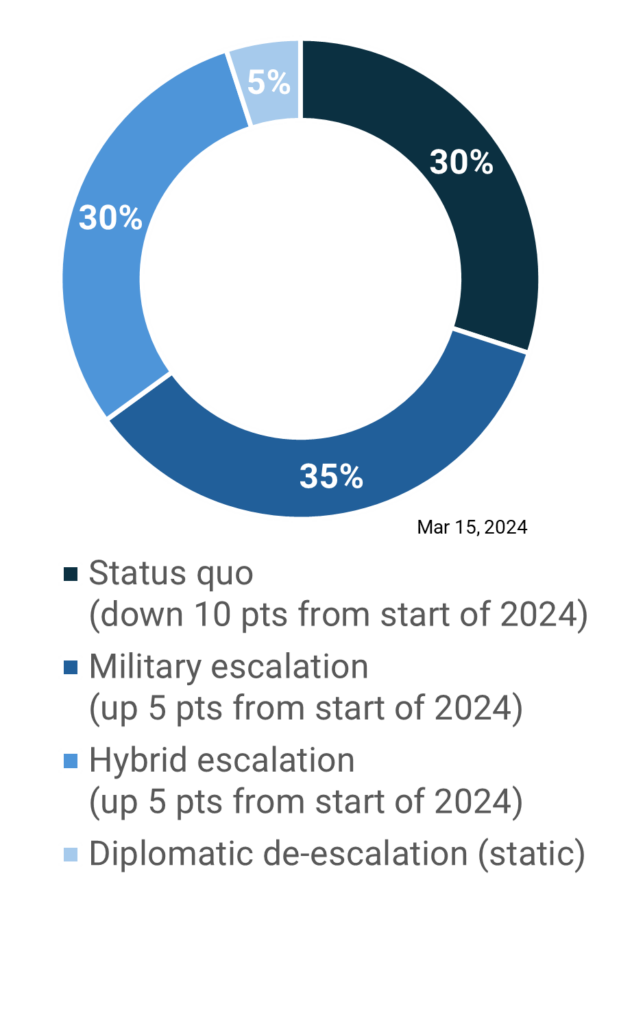
Military escalation scenarios
- Taiwan’s defense minister confirmed reports of U.S. special forces in Kinmen and Penghu.
Risk level – medium - Taiwan has increased sea, land, and air patrols around its islands to increase joint military and emergency response capacities.
Risk level – low - According to an SIPIRI report, China has cut its arms imports by 44% since 2019 and has started manufacturing its own arms. However, Russia remains its largest foreign arms supplier with a 77% share of imports.
Risk level – medium - China, Russia, and Iran participated in joint maritime drills in the Gulf of Oman this week, demonstrating growing military ties between the countries.
Risk level – low
Hybrid escalation scenario
- A bill that would require the Chinese firm ByteDance to sell its stake in TikTok or face a ban in U.S. app stores passed with overwhelming bipartisan support in the U.S. House. President Biden has said he would sign the bill if it came to his desk.
Risk level – low - Multiple U.S. unions filed a petition asking the U.S. Trade Representative to investigate Chinese shipbuilding, maritime, and logistics industries for “unreasonable and discriminatory” practices. The petition accused China of pumping billions of dollars into the industries and raised concerns about Chinese government-supported software that tracks global supply-chain data. The unions are urging the U.S. to impose higher port fees on Chinese made ships.
Risk level – medium - The Beijing Academy of Artificial Intelligence said China is falling behind U.S. AI advancements, citing a “lack of self-sufficiency” and a reliance on META’s Llama platform which is used to build domestic large language models.
Risk level – medium
Diplomatic de-escalation
- No major indicators.
Global Connectivity Tracker
The Global Connectivity Tracker examines the impact of geopolitical dynamics on global energy security and the climate transition. (Go to the Global Hotspot Tracker)
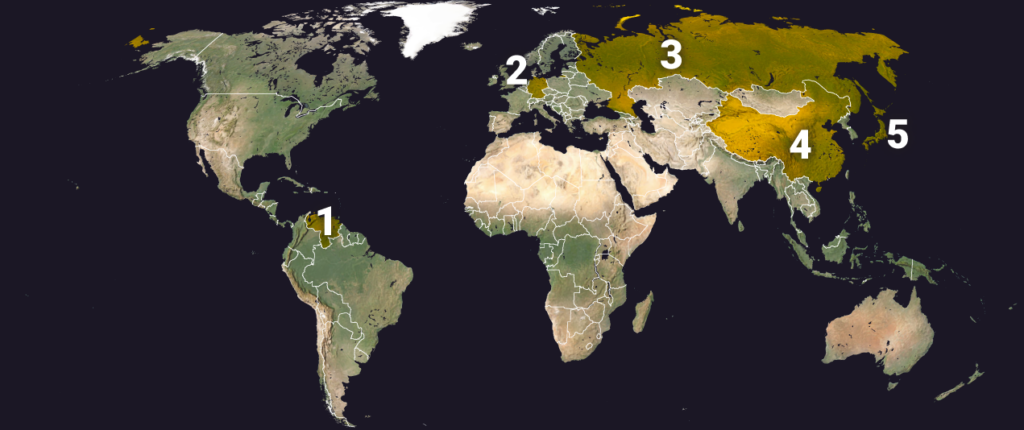
Energy/Climate
- Venezuela
What happened: Chevron resumed drilling at a key Venezuelan oil site despite White House warnings that U.S. sanctions against the country could escalate.
Significance/Outlook: The 30 new wells Chevron plans to drill should boost its Venezuela joint venture output by 35% to 250,000 barrels per day (bpd) by next year. Venezuela possesses the world’s greatest crude oil reserves, but corruption, underinvestment, and mismanagement of the state-run oil and natural gas company along with U.S. sanctions have reduced production, which dropped to 700,000 bpd in 2022, a 50-year low. The U.S. relaxed sanctions on Venezuela late last year in a bid to ramp up exports to make up for the shortage of Russian heavy crude on the market due to the war in Ukraine.
Risk level – low - Germany
What happened: In an effort to encourage environmentally responsible manufacturing by heavy industry, Germany has begun the process to bid for carbon contracts worth $4.4 billion.
Significance/Outlook: This 15-year program will help to accelerate the energy transition and reduce CO2 emissions in Germany. Europe’s largest economy has set a goal to reduce its greenhouse gas emissions to zero by 2045. The industrial sector in Germany is responsible for around one-fifth of the country’s energy emissions. The transition to new manufacturing methods that are more environmentally friendly is essential but the costs and risks of doing so discourage companies from investing in their development.
Opportunity level – low
- Russia
What happened: An attack by Ukrainian drones disrupted production at a major oil refinery in western Russia.
Significance/Outlook: This strike is part of a series of coordinated attacks by drones from Ukraine on Russian refineries, fuel facilities, and energy infrastructure. The attacks on oil installations in the runup to the March 15-17 Russian presidential election threaten price stability of domestic gasoline. Damage caused by these attacks prompted Russia to ban gasoline exports through September to maintain its domestic supply. Russia calculates the export moratorium will give it time to repair refineries damaged by fires and drone attacks on its energy infrastructure and to address internal gasoline shortages and high pricing.
Risk level – low - China
What happened: Oil demand growth is expected to slow in China amid a rise in electric vehicle sales and a switch to LNG-powered trucks.
Significance/Outlook: China is increasing investment in renewable energy technologies as it seeks to eventually shed its oil dependence. As of now, imports supply 70% of China’s oil demand, which accounts for 20% of its energy mix. This dependence will remain on an upward trajectory, but over the long term, demand is seen falling by 2060. This is largely due to continued expansion in petrochemicals.
Opportunity level – low - Japan
What happened: Japan is diversifying its LNG import sources as key contracts from suppliers including Russia are set to expire by the early 2030s.
Significance/Outlook: Japan is the second largest global importer of LNG, which is used to supply about a third of its power. Whereas nuclear power once predominated, only 10 reactors continue operating , increasing Japan’s dependence on LNG. This reliance informs its decision to expand its cooperation with close allies like Australia and the United States, which are seen as more stable suppliers of LNG than Indonesia and Russia. Those countries’ long-term supply contracts with Japan are due to expire between 2027-2030.
Risk level – medium
Key Stat of the Week
- Germany’s 2023 carbon dioxide emissions were the lowest since the 1950s as coal-fired power generation and energy-intensive industrial production drop.
- By 2030, Germany wants to cut greenhouse emissions by 65% from 1990 levels to become carbon neutral by 2045.
- Coal-fired electricity output fell to its lowest level since the 1960s as power imports and local renewable energy generation climbed. Renewables make up for over 50% of Germany’s generation portfolio. This helped prevent the release of 44 million tons of CO2 in 2023.


